
Skardu: The Gem of the Karakoram Range
Nestled in the heart of the Karakoram mountain range, Skardu is a breathtaking destination that offers a unique blend of natural beauty and cultural richness. As you arrive in Skardu, the first thing you'll notice is the striking landscape—majestic mountains, serene lakes, and lush valleys all around. The city serves as the gateway to some of the world's most famous trekking routes and climbing expeditions, including K2, the second-highest peak on Earth. Skardu is also home to several pristine lakes, such as Shangrila Lake and Satpara Lake, where you can enjoy activities like boating and fishing. The crystal-clear waters and surrounding greenery make these lakes perfect spots for relaxation and photography. The Deosai National Park, located nearby, is another must-visit. Known as the 'Land of Giants,' this national park is famed for its expansive plains, diverse wildlife, and seasonal flower blooms. Cultural enthusiasts will find Skardu equally captivating. The city is dotted with ancient forts, like the Skardu Fort and the Kharpocho Fort, offering a glimpse into the region's rich history. The local bazaars are vibrant with traditional handicrafts, including hand-woven carpets, pashmina shawls, and intricate wooden carvings. Don't miss the opportunity to savor local cuisine, which includes mouth-watering dishes like Balti curry and apricot-based desserts.
Local tips in Skardu
- Best time to visit is from April to October when the weather is mild and the trekking routes are open.
- Always carry warm clothing, even in summer, as temperatures can drop significantly, especially at night.
- Hiring a local guide can enhance your experience, especially if you plan to trek or visit less accessible areas.
- Make sure to have cash on hand, as ATMs and card payment options may be limited.
- Respect local customs and traditions, including dress codes and social etiquette, to ensure a positive experience.
Skardu: The Gem of the Karakoram Range
Nestled in the heart of the Karakoram mountain range, Skardu is a breathtaking destination that offers a unique blend of natural beauty and cultural richness. As you arrive in Skardu, the first thing you'll notice is the striking landscape—majestic mountains, serene lakes, and lush valleys all around. The city serves as the gateway to some of the world's most famous trekking routes and climbing expeditions, including K2, the second-highest peak on Earth. Skardu is also home to several pristine lakes, such as Shangrila Lake and Satpara Lake, where you can enjoy activities like boating and fishing. The crystal-clear waters and surrounding greenery make these lakes perfect spots for relaxation and photography. The Deosai National Park, located nearby, is another must-visit. Known as the 'Land of Giants,' this national park is famed for its expansive plains, diverse wildlife, and seasonal flower blooms. Cultural enthusiasts will find Skardu equally captivating. The city is dotted with ancient forts, like the Skardu Fort and the Kharpocho Fort, offering a glimpse into the region's rich history. The local bazaars are vibrant with traditional handicrafts, including hand-woven carpets, pashmina shawls, and intricate wooden carvings. Don't miss the opportunity to savor local cuisine, which includes mouth-watering dishes like Balti curry and apricot-based desserts.
When is the best time to go to Skardu?
Iconic landmarks you can’t miss
Shangrila Resort Skardu
Experience the breathtaking beauty and luxury of Shangrila Resort Skardu, where nature and comfort come together in perfect harmony.
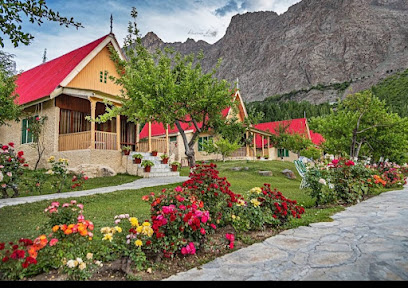
Upper Kachura Lake
Discover the tranquil beauty of Upper Kachura Lake in Skardu, a perfect escape for nature lovers and adventure seekers alike.
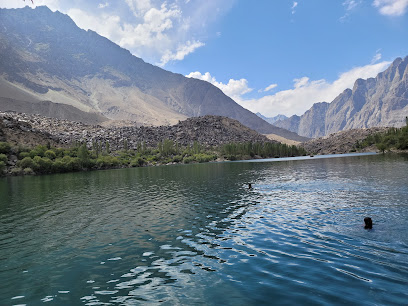
Hotel Mashabrum Skardu, Pakistan
Discover tranquility and adventure at Hotel Mashabrum in Skardu, your gateway to the majestic beauty of Pakistan's Karakoram mountains.
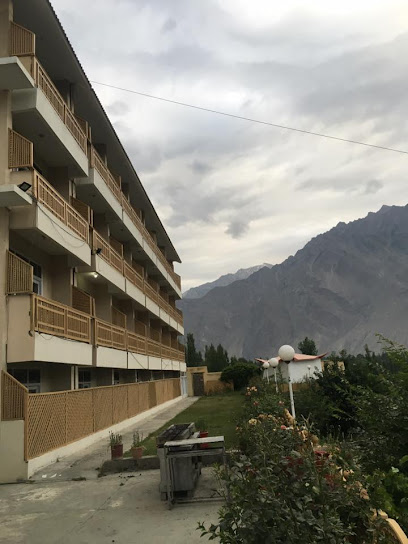
Himalaya Hotel Skardu
Discover the serene beauty of the Himalayas at Himalaya Hotel Skardu, your perfect getaway in the heart of nature.
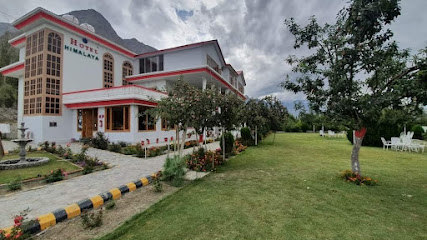
North Pakistan Tour
Experience the breathtaking beauty of Skardu and the majestic landscapes of North Pakistan on this unforgettable tour adventure.
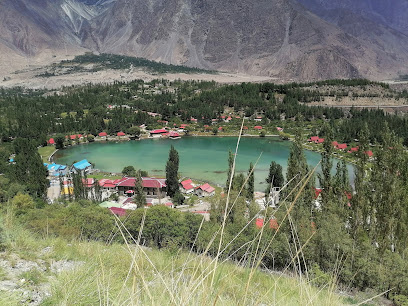
Kharphocho Fort
Experience the rich history and stunning views of Kharphocho Fort in Skardu, a must-visit historical site in Gilgit-Baltistan.
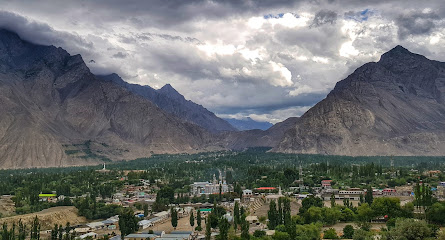
Skardu International Airport
Experience the breathtaking views and adventure at Skardu International Airport, the gateway to Pakistan's majestic Gilgit-Baltistan region.
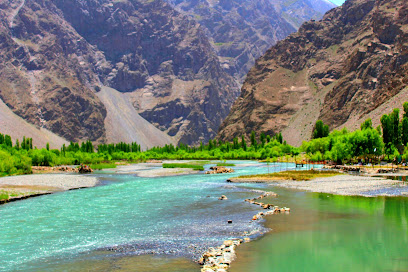
Dewan-e-Khas Hotel & Restaurant
Experience the authentic tastes of Pakistan at Dewan-e-Khas Hotel & Restaurant in Skardu, where culinary traditions meet stunning mountain views.
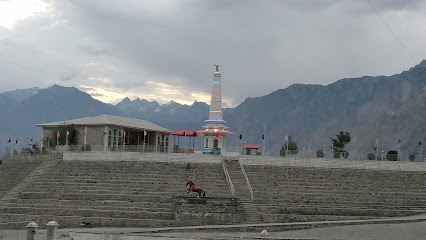
Katpana Desert
Experience the breathtaking beauty of Katpana Desert, a stunning natural wonder in Skardu, Pakistan, known for its majestic sand dunes and serene landscapes.
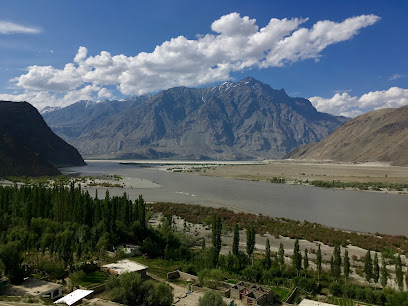
Baltistan Continental Hotel Skardu,Baltistan Pakistan
Experience the breathtaking beauty and tranquil comfort of Baltistan Continental Hotel in Skardu, where adventure meets relaxation in stunning surroundings.
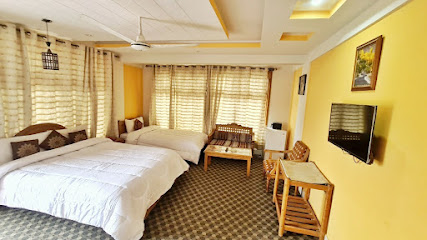
Basho Valley (Sultanabad Medow)
Discover the serenity of Basho Valley, a breathtaking meadow in Skardu, where nature meets adventure in a picturesque landscape.
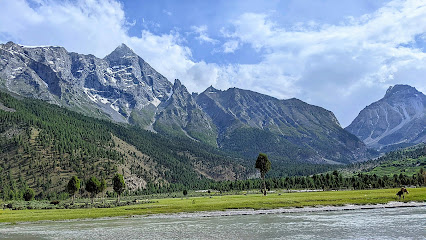
Satpara Lake
Explore the tranquil beauty of Satpara Lake in Skardu, where turquoise waters meet majestic mountains, creating a serene escape for nature lovers and adventurers.
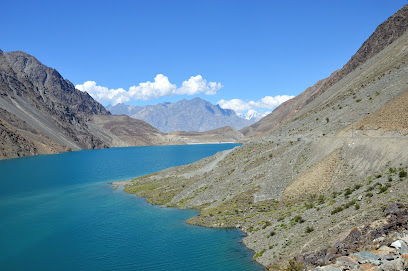
Sarfaranga Cold Desert Shigar
Explore the captivating Sarfaranga Cold Desert in Skardu, Pakistan, where golden sands meet majestic mountains in a breathtaking natural landscape.
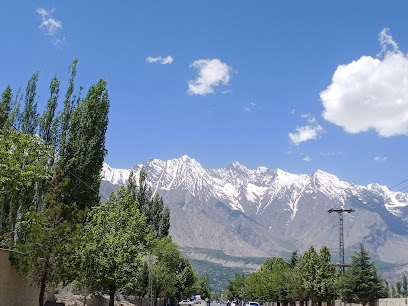
Manthal Buddha Rock
Explore the enchanting Manthal Buddha Rock in Skardu, a historical landmark adorned with ancient carvings, surrounded by breathtaking natural beauty.
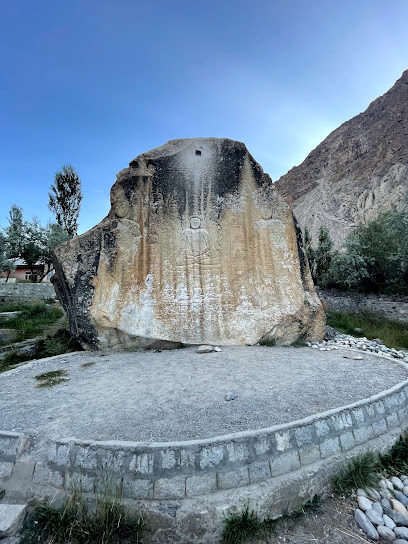
Skardu View Point Hotel and Huts
Discover breathtaking views and comfort at Skardu View Point Hotel and Huts, your gateway to the majestic landscapes of northern Pakistan.
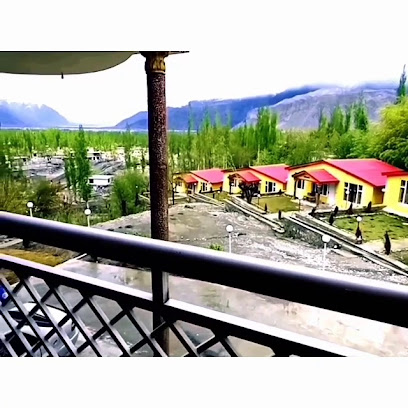
Unmissable attractions to see
Shangrila Resort Skardu
Discover the enchanting beauty of Shangrila Resort Skardu, where luxury meets nature in the stunning Kachura valley of Pakistan.
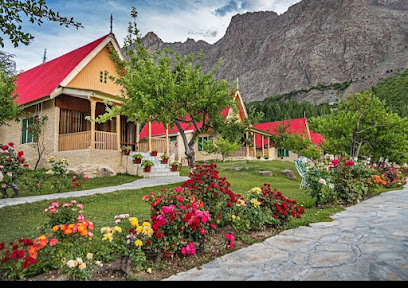
Manthokha Waterfall Resort
Explore the breathtaking beauty of Manthokha Waterfall Resort, where nature meets luxury in Kharmang, Pakistan.
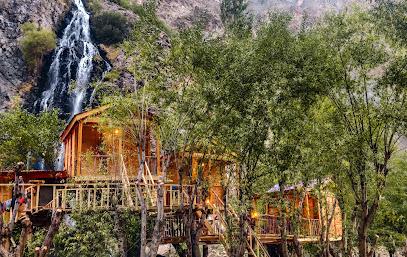
Manthokha Waterfall
Discover the breathtaking beauty of Manthokha Waterfall in Kharmang, a hidden gem perfect for nature lovers and adventure seekers.
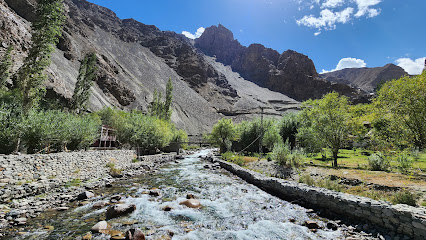
Upper Kachura Lake
Experience the serene beauty of Upper Kachura Lake, a tranquil oasis surrounded by majestic mountains in the heart of Skardu.
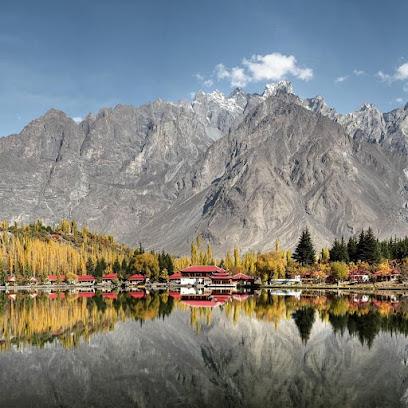
Katpana Desert
Explore the breathtaking beauty of Katpana Desert, where stunning sand dunes meet majestic mountains in Skardu, Pakistan.

City Park Skardu
Experience the serene beauty of City Park Skardu, a lush green oasis surrounded by majestic mountains, perfect for relaxation and exploration.
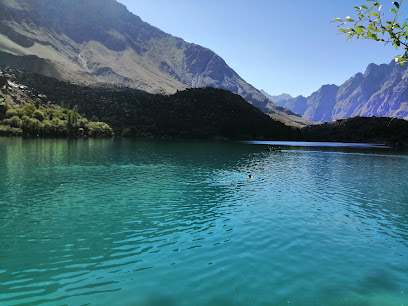
Satpara Lake
Explore the enchanting Satpara Lake in Skardu, a serene escape surrounded by majestic mountains and stunning landscapes, perfect for nature lovers.
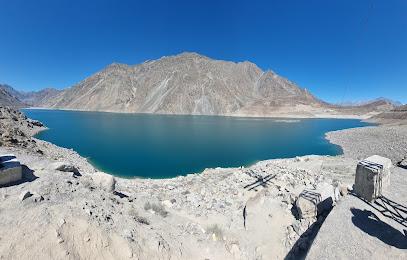
Basho Valley (Sultanabad Medow)
Discover the breathtaking beauty of Basho Valley in Skardu, a serene escape filled with lush meadows, towering peaks, and vibrant local culture.
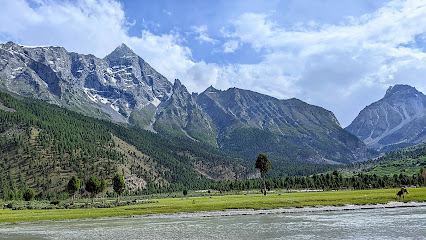
Shausar Lake
Discover the serene beauty of Shausar Lake, a high-altitude paradise in Skardu, perfect for nature lovers and adventure seekers.
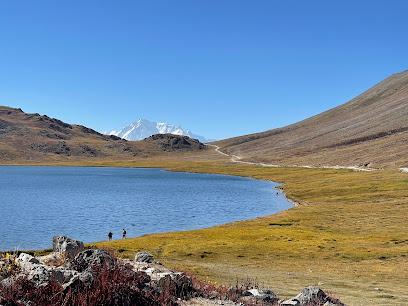
Manthal Buddha Rock
Experience the serene beauty and rich history of Manthal Buddha Rock, a captivating Buddhist landmark in Skardu, Gilgit-Baltistan.
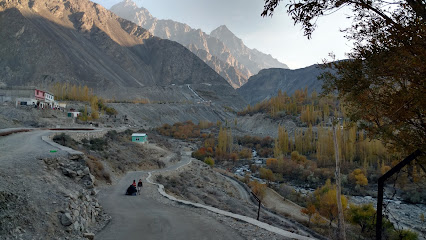
Sarfaranga Cold Desert Shigar
Discover the stunning Sarfaranga Cold Desert, a unique landscape of sand dunes and majestic mountains in Skardu, Pakistan, perfect for nature lovers and adventurers.
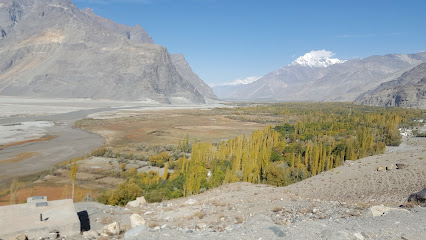
Blind Lake Shigar
Experience the tranquil beauty of Blind Lake Shigar, a hidden gem in Skardu, perfect for nature lovers and adventurers alike.
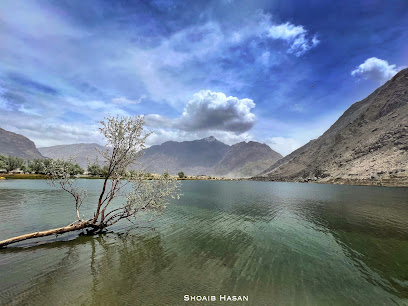
Soq Valley
Explore the breathtaking landscapes and serene beauty of Soq Valley, a hidden gem in Skardu, Pakistan, perfect for nature lovers and adventure seekers.
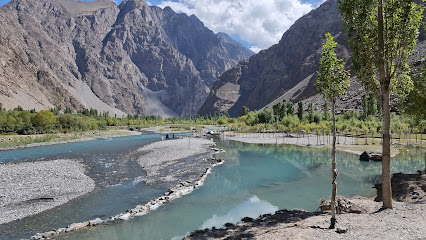
Hussainabad Waterfall
Experience the serene beauty of Hussainabad Waterfall in Skardu, a must-visit destination for nature lovers and photography enthusiasts.
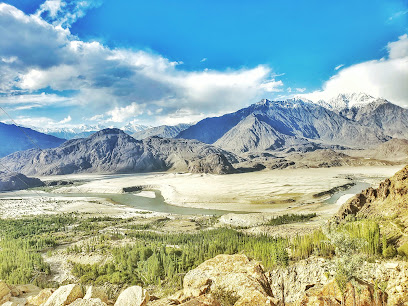
Marsur Rock Hussainabad Skardu
Explore the stunning Marsur Rock in Hussainabad, Skardu, a breathtaking tourist attraction showcasing the natural beauty of Gilgit-Baltistan.
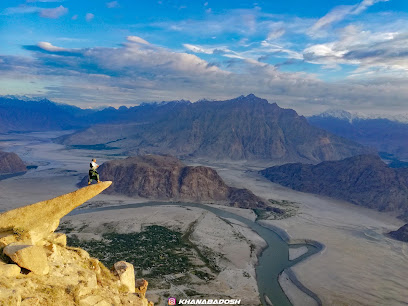
Essential places to dine
SHAHI DEWAN
Experience authentic Indian cuisine at Shahi Dewan in Skardu - where every dish tells a story of tradition and flavor.
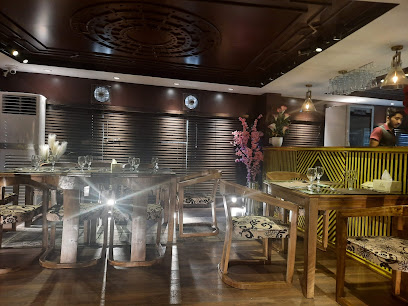
Pizza King GB
Discover mouth-watering pizzas and fast food delights at Pizza King GB in Gilgit-Baltistan – A must-visit culinary stop for every traveler.
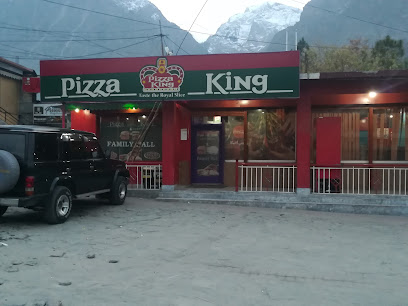
Dewan-e-Khas Hotel & Restaurant
Discover authentic regional flavors at Dewan-e-Khas Hotel & Restaurant in Skardu – where exquisite cuisine meets breathtaking scenery.
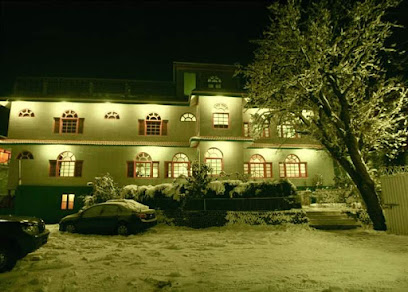
Hotel Summit & Restaurant
Experience exceptional dining amidst stunning landscapes at Hotel Summit & Restaurant in Skardu.
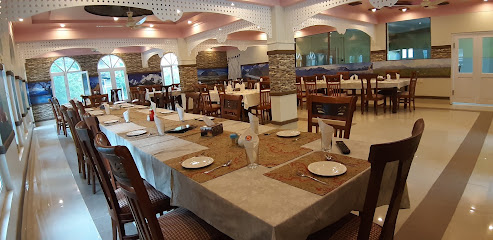
Rafsal restaurant
Experience exceptional dining at Rafsal Restaurant in Skardu, where local flavors meet international cuisine in an inviting atmosphere.
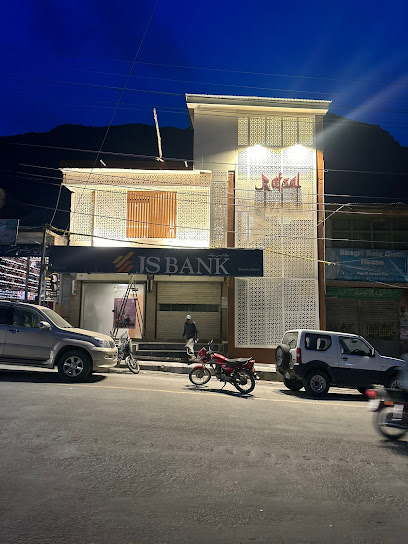
MFC
Discover MFC in Skardu - a family-friendly restaurant offering delicious cuisine amidst breathtaking scenery.
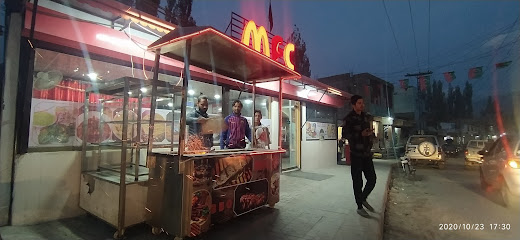
The Food Corridor
Discover Skardu's vibrant culinary scene at The Food Corridor – where family-friendly dining meets exquisite flavors.
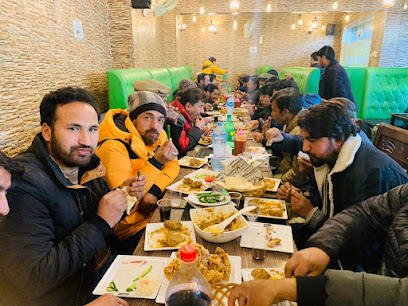
The Grind Cafe and Eatery, Skardu
Experience culinary excellence at The Grind Cafe and Eatery in Skardu - where every meal is a feast amidst breathtaking mountain views.
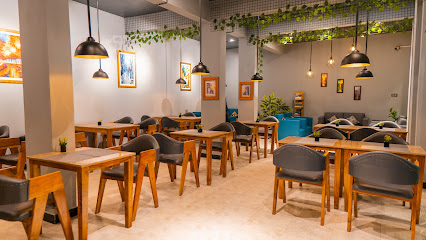
Cafe De North
Discover delicious meals and breathtaking views at Cafe De North, the perfect family-friendly restaurant in Skardu's stunning landscape.
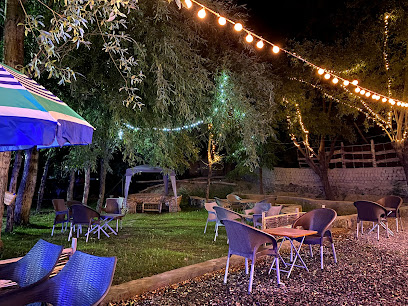
Krakarom Restaurant and Tikka Center
Experience authentic Pakistani flavors at Krakarom Restaurant & Tikka Center in Skardu – where delicious meets affordable.
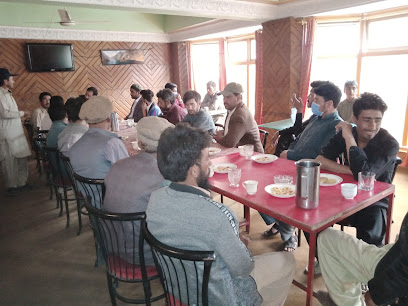
Eye view guest house and restaurant
Experience authentic Pakistani cuisine with breathtaking views at Eye View Guest House and Restaurant in scenic Skardu.
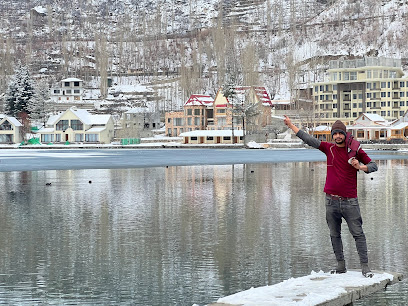
Lazeeza Restaurant, Yadgar ChowkSkardu
Discover authentic Pakistani cuisine at Lazeeza Restaurant in Skardu - where tradition meets taste amidst breathtaking mountain views.
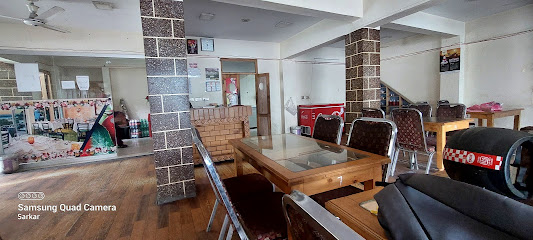
Al-Yusuf Dine Inn Restaurant
Discover authentic local flavors at Al-Yusuf Dine Inn Restaurant in Skardu - a culinary experience amidst breathtaking landscapes.
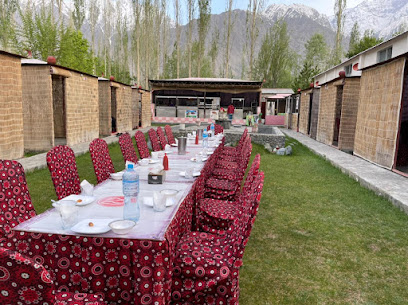
wok chef
Discover authentic Asian flavors at Wok Chef in Aliabad, Skardu - where culinary excellence meets breathtaking scenery.
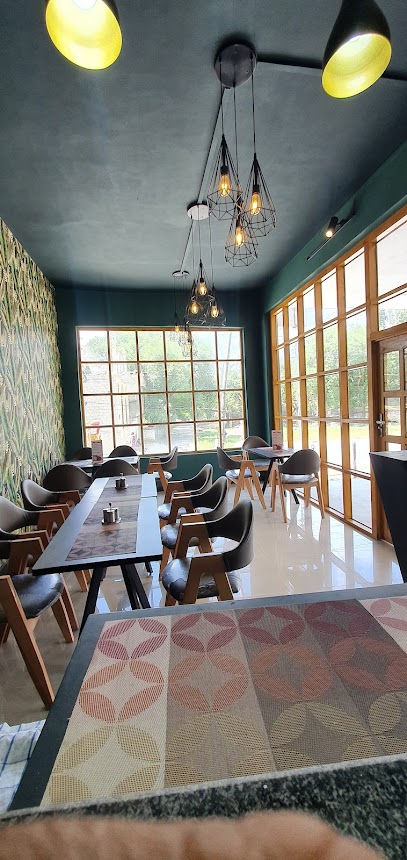
Skyway Pizza Skardu Branch
Experience the best pizza in Skardu with stunning views and warm hospitality amidst the majestic landscapes of Gilgit-Baltistan.
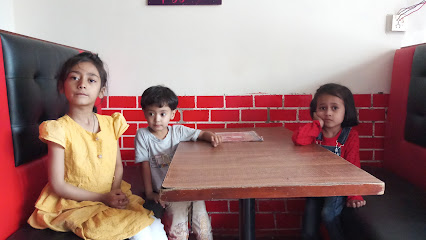
Markets, malls and hidden boutiques
Ali Shopping Mall Skardu
Explore Ali Shopping Mall Skardu for a unique shopping experience blending local culture with international flair.
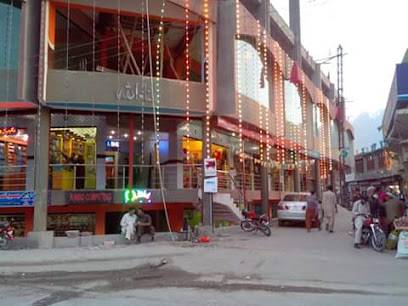
Qatalgah Market
Discover the vibrant Qatalgah Market in Skardu, a perfect blend of local culture, crafts, and culinary delights for every traveler.
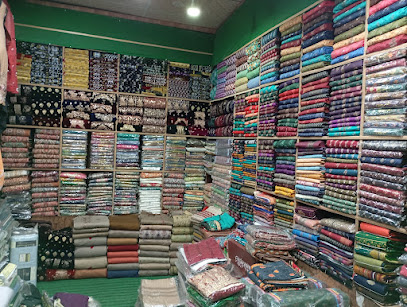
Shahzad Market
Discover the essence of local culture at Shahzad Market in Skardu, a vibrant hub for handicrafts, street food, and community spirit.
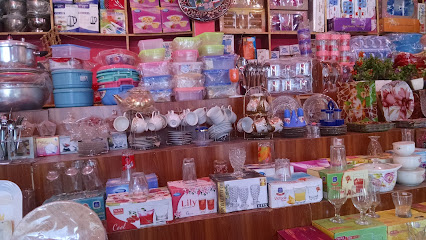
Wazir Electronics, New Bazar Skardu
Explore the latest electronics and gadgets at Wazir Electronics in Skardu's vibrant New Bazar, a tech haven for every traveler.
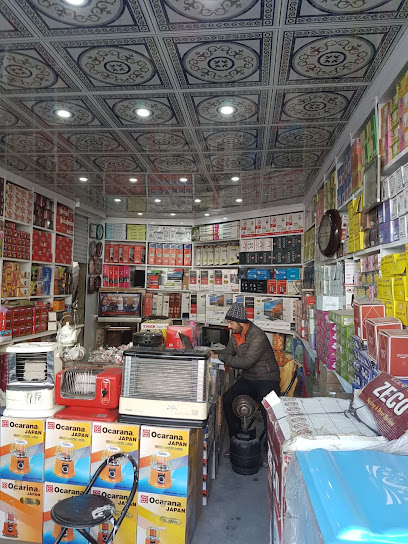
Utility Store Skardu
Experience the charm of Utility Store Skardu, a vibrant shopping destination in Gilgit-Baltistan, offering local products and essentials.
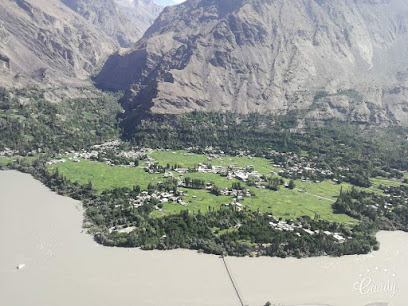
Tandoori Cafe
Discover the serene ambiance of Tandoori Cafe in Skardu, the ultimate destination for tea lovers seeking a taste of local culture.
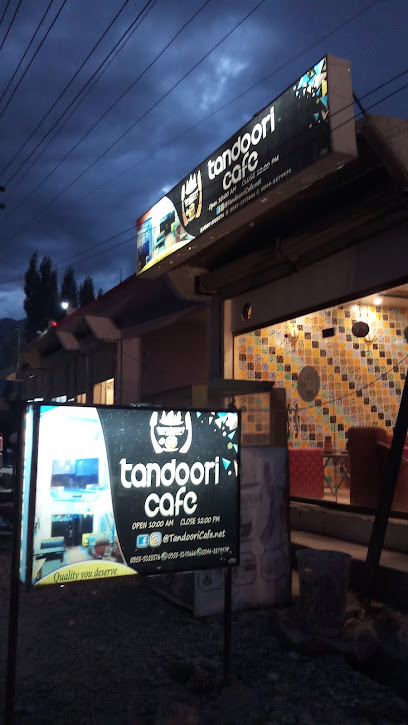
Ali Handicafts
Explore the vibrant world of local handicrafts at Ali Handicrafts in Skardu – a true gem for art lovers and souvenir seekers.
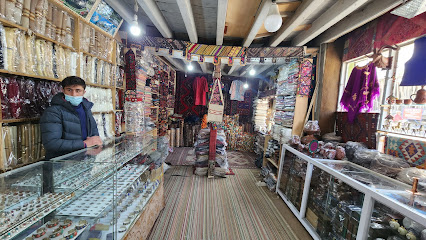
Khawaja Mobile Point Skardu
Discover Khawaja Mobile Point in Skardu: Your essential stop for mobile needs in the heart of breathtaking Gilgit-Baltistan.
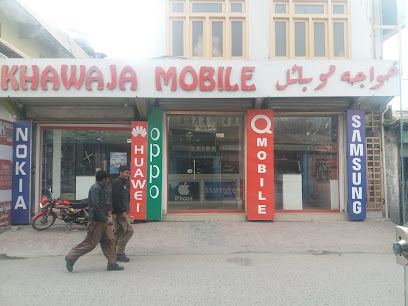
Shagri Bala Cloth House
Explore traditional textiles at Shagri Bala Cloth House in Skardu, where vibrant colors and rich craftsmanship meet the beauty of Gilgit-Baltistan.
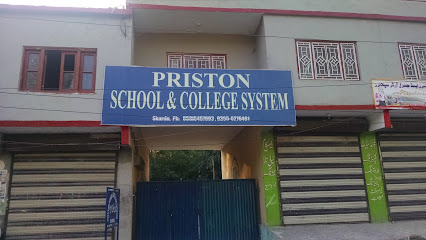
Askari Plaza
Explore local flavors and essential goods at Askari Plaza, Skardu's vibrant supermarket in the heart of Gilgit-Baltistan.
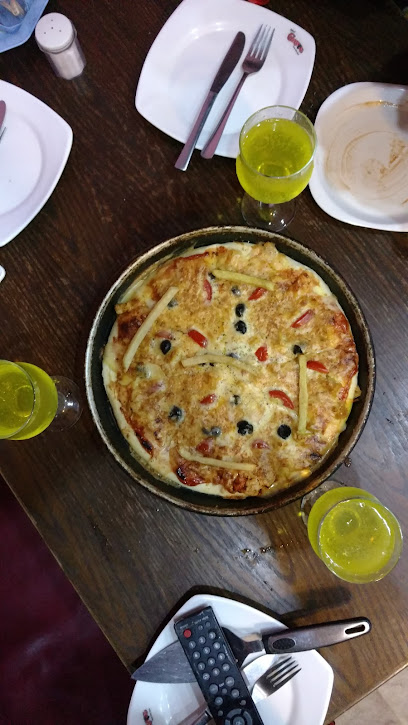
Hussain Fabrics Skardu
Explore the exquisite textiles of Hussain Fabrics in Skardu, where tradition meets modern design in a vibrant shopping experience.
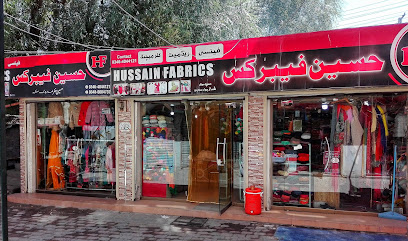
Utility Store Radio Pakistan
Experience the vibrant shopping culture of Skardu at Utility Store Radio Pakistan, where local crafts meet modern convenience.
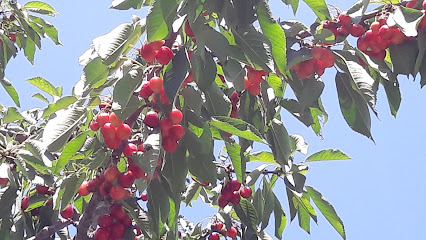
Raja electric store
Discover top-quality electronics at Raja Electric Store in Skardu, your one-stop shop for all tech needs in the heart of breathtaking Gilgit-Baltistan.
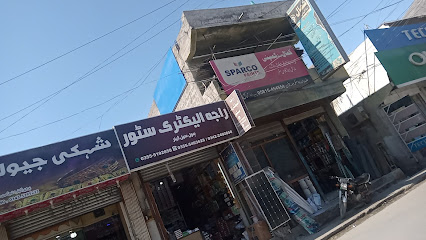
HAMSA; HAJI MITHAI Est. 1960
Explore the herbal treasures and traditional sweets at Hamsa; Haji Mithai, a cultural gem in Skardu's Old Bazaar.

Super Playland Skardu
Explore endless fun at Super Playland Skardu, where toys and adventures await in the picturesque landscapes of Gilgit-Baltistan.
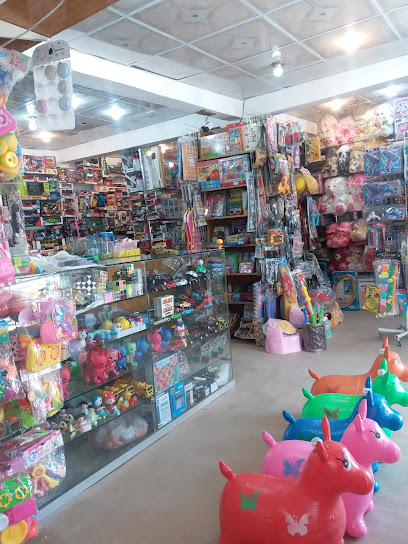
Essential bars & hidden hideouts
SHAHI DEWAN
Discover the authentic flavors of India at Shahi Dewan in Skardu, where every meal is a celebration of taste and warmth.
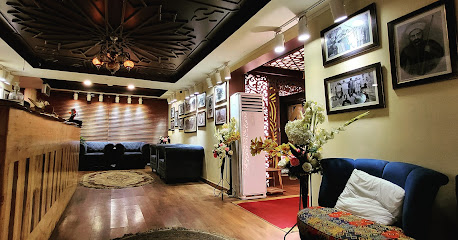
Dewan-e-Khas Hotel & Restaurant
Experience the flavors of Skardu at Dewan-e-Khas Hotel & Restaurant, where traditional dishes meet breathtaking views.
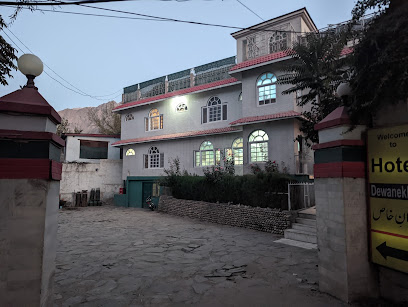
Hotel Summit & Restaurant
Savor the flavors of Skardu with a stunning mountain backdrop at Hotel Summit & Restaurant.
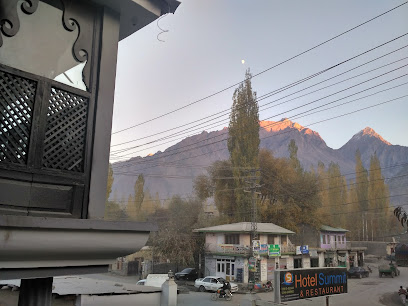
The Food Corridor
Explore the flavors of Skardu at The Food Corridor, where local delicacies meet international cuisine in a family-friendly atmosphere.
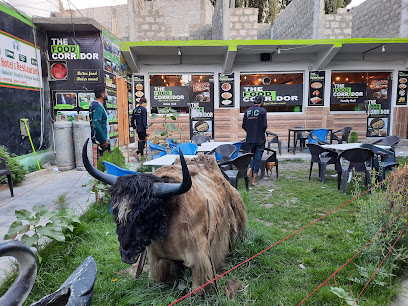
The Grind Cafe and Eatery, Skardu
Experience culinary delights at The Grind Cafe and Eatery, offering a blend of local flavors and international cuisine in the heart of Skardu.
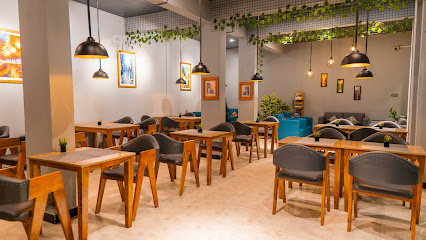
Cafe De North
Discover the delightful flavors and family-friendly atmosphere at Café De North in Skardu, the perfect destination for travelers in Gilgit-Baltistan.
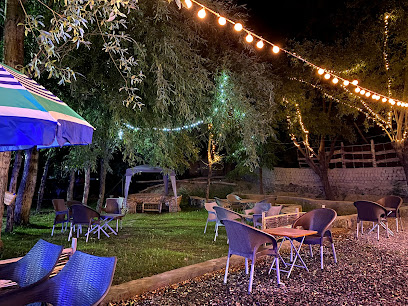
Al-Yusuf Dine Inn Restaurant
Experience authentic Pakistani cuisine with breathtaking views at Al-Yusuf Dine Inn in Skardu, Gilgit-Baltistan.
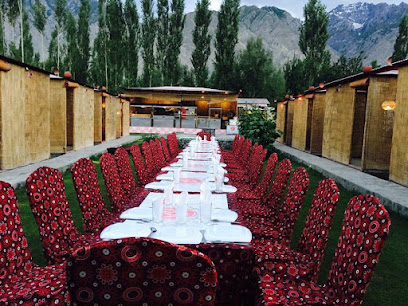
Food Street Apixoq
Experience the rich flavors of Gilgit-Baltistan at Food Street Apixoq, a culinary haven for food lovers in Skardu.
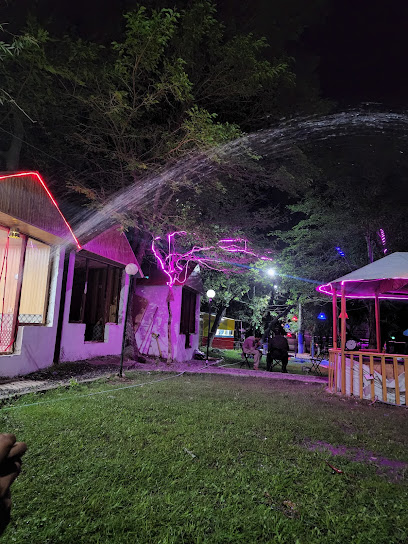
Chainomy
Experience the vibrant flavors of Skardu at Chainomy, where local ingredients meet international cuisine in a breathtaking setting.
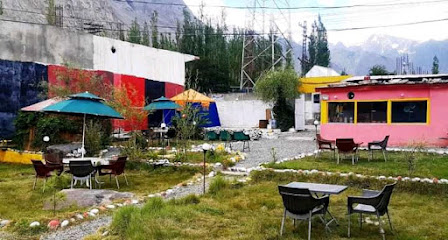
Yak and Bull Cafe Skardu
Discover the culinary delights of Yak and Bull Cafe in Skardu, where local flavors meet international cuisine amidst breathtaking scenery.
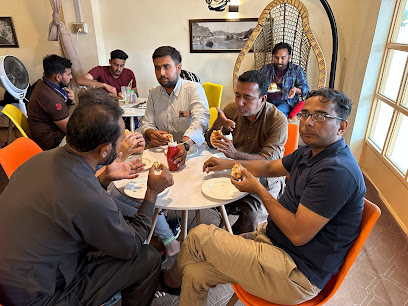
BB Student Biryani And Bar BQ Center
Discover authentic Pakistani flavors at BB Student Biryani And Bar BQ Center, Skardu's culinary hotspot for biryani and barbecue delights.
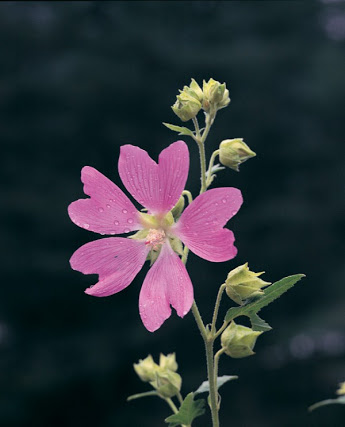
The kitchen
Discover the culinary delights of The Kitchen in Skardu, where local flavors meet international cuisine amidst breathtaking scenery.

Quality Krispo Skardu
Experience the best of local and international cuisine at Quality Krispo in Skardu, where stunning views meet exceptional dining.
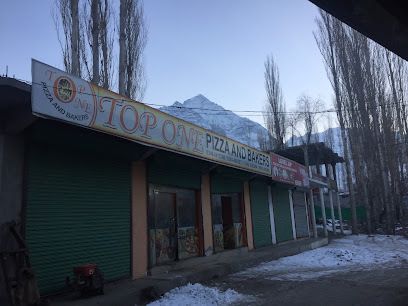
Fish Day Restaurant
Discover the finest seafood dining experience at Fish Day Restaurant, nestled in the breathtaking landscapes of Skardu, Gilgit-Baltistan.
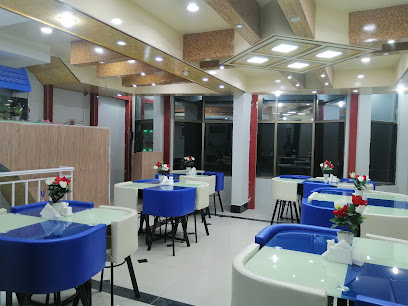
Local Phrases
-
- Helloآداب
[aadab] - Goodbyeخدا حافظ
[khuda hafiz] - Yesہاں
[haan] - Noنہیں
[nahin] - Please/You're welcomeبراہ کرم
[barah e karam] - Thank youشکریہ
[shukriya] - Excuse me/Sorryمعاف کیجیے
[maaf kijiye] - How are you?آپ کیسے ہیں؟
[aap kaise hain?] - Fine. And you?ٹھیک ہوں۔ آپ؟
[theek hoon. aap?] - Do you speak English?کیا آپ انگریزی بولتے ہیں؟
[kya aap angrezi boltay hain?] - I don't understandمجھے سمجھ نہیں آیا
[mujhe samajh nahi aya]
- Helloآداب
-
- I'd like to see the menu, pleaseبراہ کرم مینو دیکھنا چاہتا ہوں
[barah e karam menu dekhna chahta hoon] - I don't eat meatمیں گوشت نہیں کھاتا
[mein gosht nahi khaata] - Cheers!خوش رہو
[khush raho] - I would like to pay, pleaseبراہ کرم میں ادا کرنا چاہتا ہوں
[barah e karam mein ada karna chahta hoon]
- I'd like to see the menu, pleaseبراہ کرم مینو دیکھنا چاہتا ہوں
-
- Help!مدد کرو!
[madad karo!] - Go away!چلے جاؤ!
[chale jao!] - Call the Police!پولیس کو بلاؤ!
[police ko bulao!] - Call a doctor!ڈاکٹر کو بلاؤ!
[doctor ko bulao!] - I'm lostمیں گم ہو گیا ہوں
[mein gum ho gaya hoon] - I'm illمیں بیمار ہوں
[mein bemar hoon]
- Help!مدد کرو!
-
- I'd like to buy...میں خریدنا چاہتا ہوں
[mein khareedna chahta hoon] - I'm just lookingمیں صرف دیکھ رہا ہوں
[mein sirf dekh raha hoon] - How much is it?یہ کتنا ہے؟
[ye kitna hai?] - That's too expensiveیہ بہت مہنگا ہے
[ye bohat mehnga hai] - Can you lower the price?کیا آپ قیمت کم کر سکتے ہیں؟
[kya aap qeemat kam kar sakte hain?]
- I'd like to buy...میں خریدنا چاہتا ہوں
-
- What time is it?وقت کیا ہوا ہے؟
[waqt kya hua hai?] - It's one o'clockایک بجے ہیں
[aik baje hain] - Half past (10)دس بج کر پندرہ منٹ ہوں
[das baj kar pandra mint hoon] - Morningصبح
[subah] - Afternoonدوپہر
[dopehar] - Eveningشام
[shaam] - Yesterdayکل
[kal] - Todayآج
[aaj] - Tomorrowکل
[kal] - 1ایک
[aik] - 2دو
[do] - 3تین
[teen] - 4چار
[chaar] - 5پانچ
[paanch] - 6چھ
[chhe] - 7سات
[saat] - 8آٹھ
[aath] - 9نو
[no] - 10دس
[das]
- What time is it?وقت کیا ہوا ہے؟
-
- Where's a/the...?...کہاں ہے؟
[...kahan hai?] - What's the address?پتہ کیا ہے؟
[pata kya hai?] - Can you show me (on the map)?کیا آپ مجھے دکھا سکتے ہیں؟
[kya aap mujhe dikhha sakte hain?] - When's the next (bus)?اگلی (باس) کب ہے؟
[agli (bus) kab hai?] - A ticket (to ....)ایک ٹکٹ (تک ...)
[aik ticket (tak ...)]
- Where's a/the...?...کہاں ہے؟
History of Skardu
-
Skardu, nestled in the Gilgit-Baltistan region of Pakistan, has a rich history that dates back thousands of years. Archaeological findings suggest that the region was inhabited during the Bronze Age. The early settlers were believed to be of Tibetan and Central Asian descent, contributing to the diverse cultural tapestry of the region.
-
Skardu was an important center for Buddhism during the early centuries CE. The region is dotted with ancient Buddhist rock carvings and stupas, signifying its historical significance. One notable site is the Manthal Buddha Rock, which features a large image of Buddha carved into a granite boulder, dating back to the 8th century.
-
The 14th century marked the arrival of Islam in Skardu, brought by Sufi missionaries from Persia and Central Asia. The region gradually embraced Islam, which significantly influenced its culture, architecture, and way of life. The Chaqchan Mosque in Khaplu, built in 1370, is a testament to this era and remains one of the oldest mosques in the region.
-
From the 15th to the 19th century, Skardu was ruled by the Maqpon Dynasty. This period was marked by the construction of several forts and palaces, including the iconic Skardu Fort (Kharpocho Fort) and the Shigar Fort. The Maqpons were instrumental in uniting the various tribes of the region and establishing Skardu as a significant political and cultural hub.
-
In the mid-19th century, Skardu came under the influence of the British Empire as part of its larger colonial administration in the Indian subcontinent. The British period saw the introduction of modern education and infrastructure, although the region retained much of its traditional culture and autonomy.
-
Post-independence, Skardu became part of Pakistan in 1947. The region has since developed into a popular tourist destination, known for its stunning landscapes, including the majestic Karakoram Range, the serene Shangrila Lake, and the Deosai National Park. Skardu continues to be a melting pot of cultures, with a rich heritage that attracts history enthusiasts and adventurers alike.
-
Skardu is renowned for its vibrant cultural festivals, such as the Shandoor Polo Festival and the Nowruz celebrations. These events showcase the region's unique traditions, music, dance, and cuisine. The local Balti culture, with its distinct language and customs, adds to the area's charm and allure.
Skardu Essentials
-
Skardu is located in the Gilgit-Baltistan region of Pakistan. The nearest international airport is Islamabad International Airport. From Islamabad, you can take a domestic flight to Skardu Airport. Flights are subject to weather conditions and can be delayed or canceled. Alternatively, you can travel by road from Islamabad via the Karakoram Highway and Skardu Road, a journey that takes around 20-24 hours. Private taxis and buses are available for this route.
-
Within Skardu, you can use local taxis, which are the most convenient mode of transportation for tourists. Auto-rickshaws are also available for shorter distances. For a more immersive experience, you can hire a jeep to explore the rugged terrain and remote areas. Buses and minibuses operate between Skardu and nearby towns and villages. Renting a car is another option, but be prepared for challenging driving conditions.
-
The official currency in Skardu is the Pakistani Rupee (PKR). Credit cards are accepted in some hotels and restaurants, but it is advisable to carry cash, especially in smaller shops and rural areas. ATMs are available in Skardu, but it is wise to withdraw sufficient cash before heading to remote locations, as ATM services can be unreliable.
-
Skardu is generally a safe destination for tourists. However, standard precautions should be taken. Avoid walking alone at night in unfamiliar areas and keep your belongings secure in crowded places. There are no specific high-crime areas, but it is always best to stay vigilant. Be cautious when trekking or hiking, as the terrain can be challenging and weather conditions can change rapidly.
-
In case of emergency, dial 15 for police assistance or 1122 for medical emergencies. Skardu has a local police station and medical facilities, including a district hospital. It is recommended to have travel insurance that covers medical emergencies and evacuation. For minor health issues, there are pharmacies in Skardu where you can purchase over-the-counter medications.
-
Fashion: Do dress modestly, especially when visiting religious sites. Avoid wearing revealing clothing. Religion: Do respect local customs and traditions. Always cover your head when entering mosques and shrines. Public Transport: Do be respectful and give up your seat to elderly passengers. Don't eat or drink on public transport. Greetings: Do greet people with a handshake. A slight nod of the head is also a sign of respect. Eating & Drinking: Do try local delicacies and accept food offerings graciously. Don't refuse hospitality, as it is considered impolite.
-
To experience Skardu like a local, visit the local bazaars where you can buy fresh produce and traditional crafts. Engage with locals, as they are often friendly and willing to share stories about the region's history and culture. Don't miss visiting the Skardu Fort and the beautiful Shangrila Resort. For a unique experience, take a boat ride on the crystal-clear waters of Satpara Lake. If you enjoy trekking, the Deosai National Park offers stunning landscapes and wildlife.
Trending Landmark in Skardu
-
Shangrila Resort Skardu
-
Upper Kachura Lake
-
Hotel Mashabrum Skardu, Pakistan
-
Himalaya Hotel Skardu
-
North Pakistan Tour
-
Kharphocho Fort
-
Skardu International Airport
-
Dewan-e-Khas Hotel & Restaurant
-
Katpana Desert
-
Baltistan Continental Hotel Skardu,Baltistan Pakistan
-
Basho Valley (Sultanabad Medow)
-
Satpara Lake
-
Sarfaranga Cold Desert Shigar
-
Manthal Buddha Rock
-
Skardu View Point Hotel and Huts
Nearby Cities to Skardu
-
Things To Do in Gilgit
-
Things To Do in Naran
-
Things To Do in Kaghan
-
Things To Do in Leh
-
Things To Do in Abbottabad
-
Things To Do in Murree
-
Things To Do in Swat
-
Things To Do in Islamabad
-
Things To Do in Jammu
-
Things To Do in Rawalpindi
-
Things To Do in Sialkot
-
Things To Do in Chitral
-
Things To Do in Gujranwala
-
Things To Do in Manali
-
Things To Do in Peshawar













